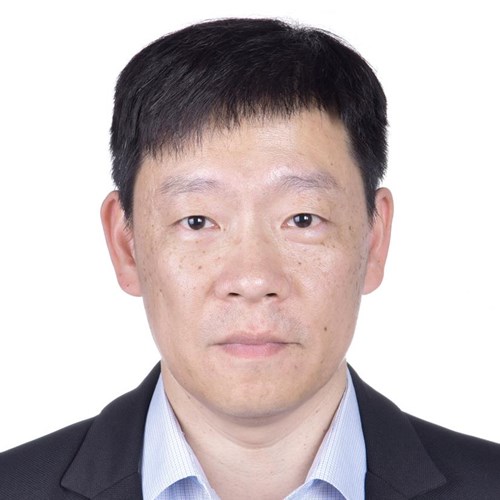Background
Energy efficiency of equipment and appliances has emerged as an important solution to energy transition. Minimum energy performance standards (MEPS) for appliances and equipment are used to establish the energy efficiency of appliances and equipment. MEPS are critical policy instruments that will play a key role in meeting ambitious national and international climate goals. In Asia, aligning MEPS for key energy-using appliances with international targets and best practices can deliver energy and cost savings to consumers, setting countries on a path to a carbon-neutral future. This session will start with an overview of the global leaders in appliance energy efficiency standards and insights into the “World’s Best MEPS” across high carbon emitting economies for six major appliance categories—lighting, air conditioners, refrigerators, electric motors, water heating, and space heating. It will be followed by a panel of policy makers and appliance experts who will share insights on implementing effective MEPS through success stories and case studies. The panel will feature policymakers from the Philippines, India, Indonesia, and other organizations discussing institutional best practices to design effective policy and opportunities to enhance MEPS implementation and policy compliance.Objectives
The objectives of the session are as follows:- Participants will learn of the trends and best practices on global MEPS,
- Participants will gain insights into MEPS programs in India, Indonesia, Philippines, and China,
- Participants will develop a shared understanding for how MEPS can be integrated into national programs, and the role that MEPS can play in navigating towards a carbon neutral future.
AGENDA
2:00 - 2:05 p.m.
Welcome, overview of the session, and introduction of speakers and panelists.
Moderator: Bishal Thapa, Senior Director, CLASP
2:05 - 2:20 p.m.
Lead Presentation: Global MEPS, trends, issues, and best practices.
Lauren Boucher, Manager, CLASP
CLASP will draw from their recent report on Global MEPS and recent MEPS engagement across countries.2:20 - 2:35 p.m.
Combining emissions reporting with enforcement of standards and labelling for cooling products
Maraida Licerio, GIZ
The Cool Contributions fighting Climate Change or C4 project has worked with partner countries in Southeast Asia in GHG inventories for the refrigeration and air conditioning sector. In the Philippines, it was designed into the appliance product registry for ease of calculation in succeeding updates and climate reporting.2:35 - 3:30 p.m.
Panel Discussion
Comments on the key themes in the lead presentations, highlight the national context, challenges and opportunities for MEPS within their countries.
Moderator: Bishal Thapa, Senior Director, CLASP
Panelists
Suresh Annepu, Director, Ministry of Power, Government of India
Rima Agustin, Subcoordinator of MEPS and Energy Consuming Equipment Labelling Supervision, Directorate of Energy Conservation, Govt. of Indonesia
Shubha Laxmi Shrestha, Assistant Director and Head of Energy Efficiency and Outreach, Alternative Energy Promotion Centre, Ministry of Energy, Water Resources and Irrigation, Government of Nepal
Aaron Premacio, Energy Utilization and Management Bureau, Philippines DoE
Steven Zeng, China Program Lead, CLASP
Q&A and Wrap-up








